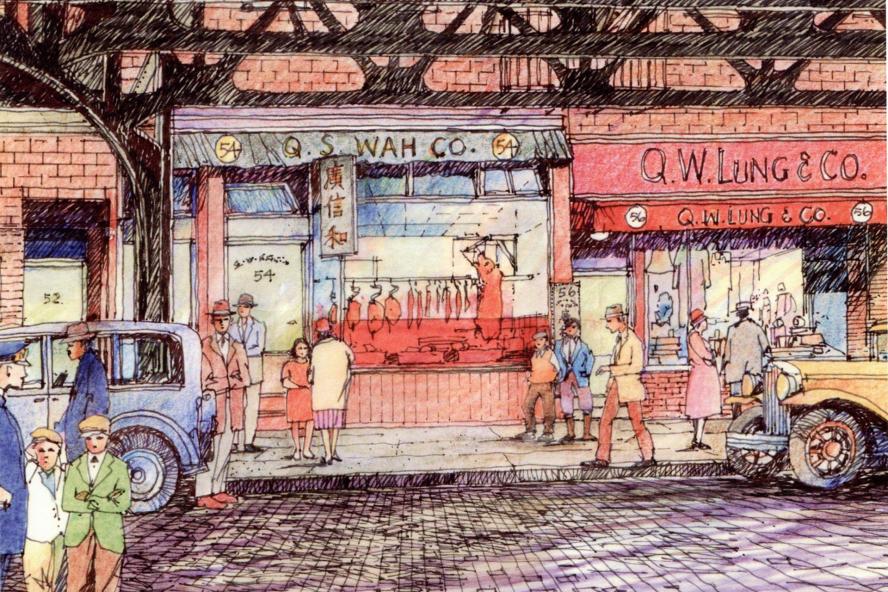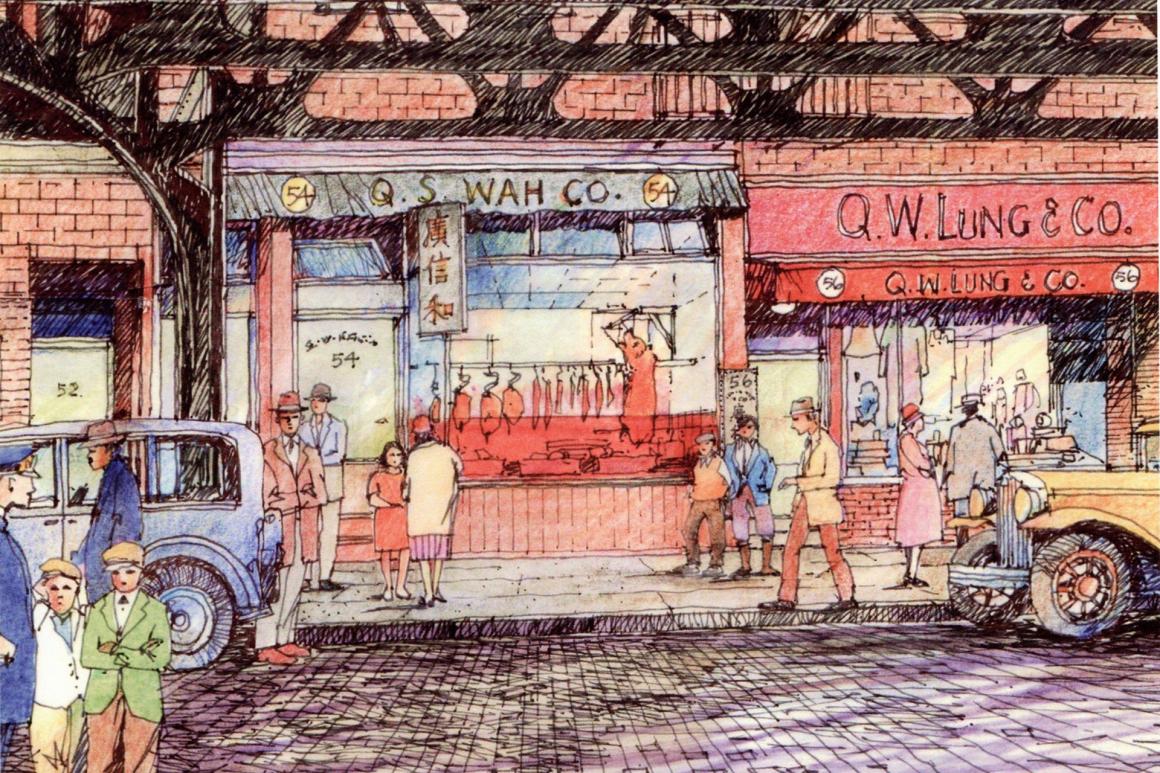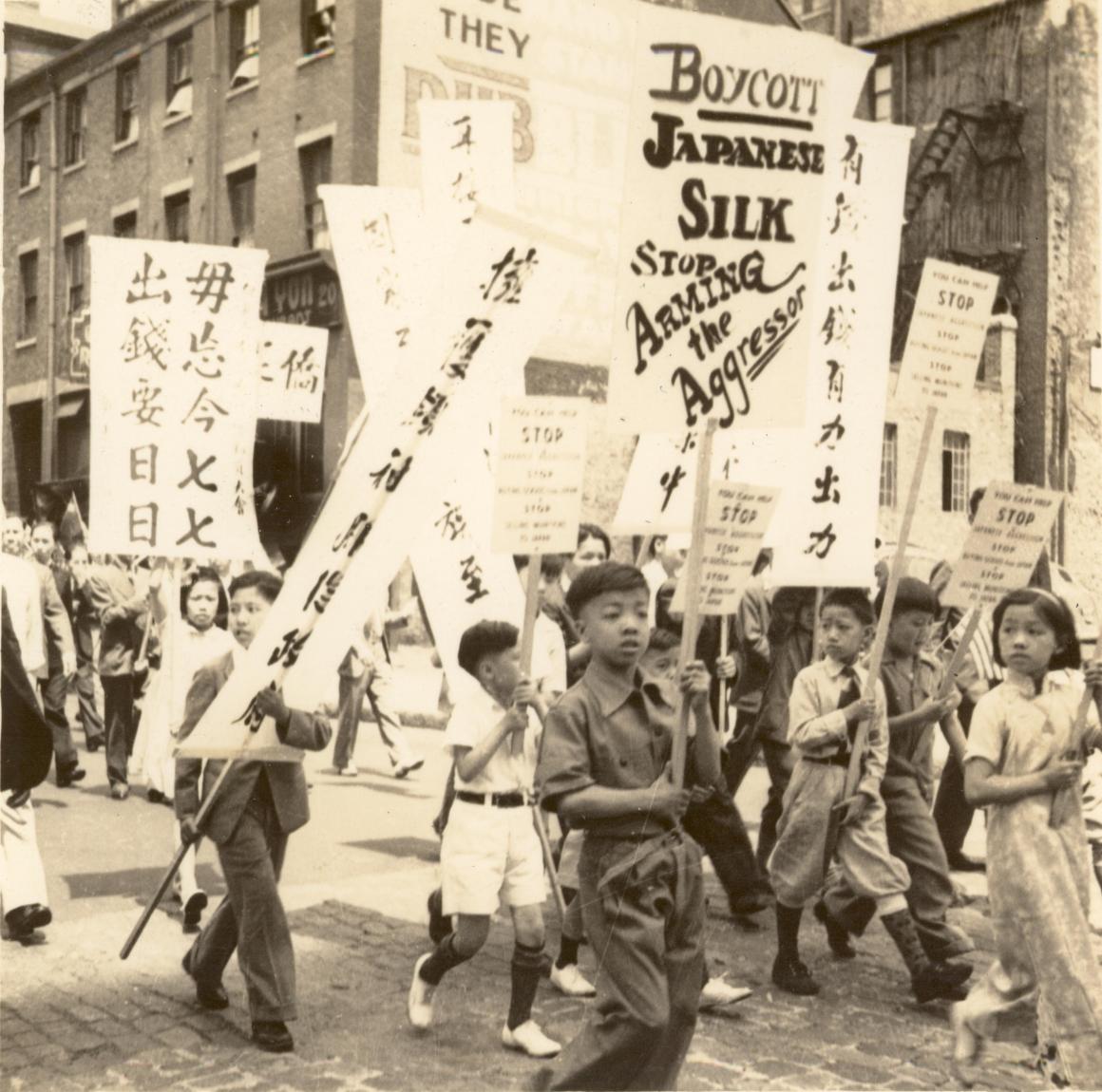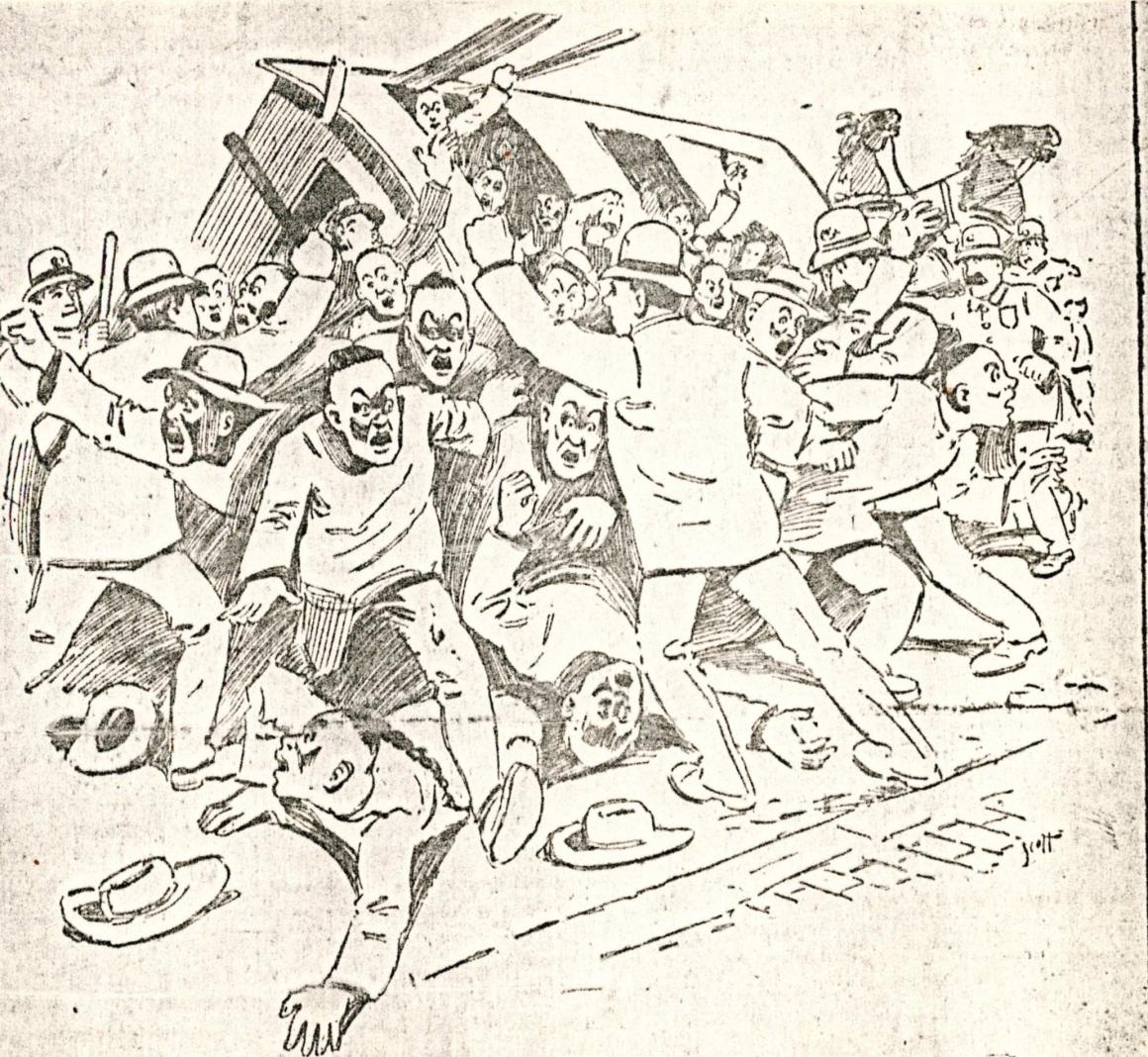Tisch College Community Research Center Grants Support Local Participatory Community Research

The Tisch College Community Research Center (TCRC) announces three new 2021-2022 Seed Grants that support environmental justice, community wellbeing, and local archival research. These awards total nearly $36,000 and bring together community partners from Boston’s Roxbury and Chinatown neighborhoods, Somerville, and Medford, with Tufts faculty from Public Health and Nutrition, Urban and Environmental Planning and Policy, Engineering, and Public Humanities.
TCRC is a collaborative of community leaders and Tufts faculty and staff to fuel and support community-based research, with a special but not exclusive emphasis on projects with residents and organizations in communities near Tufts’ campuses. In over a decade, TCRC has awarded $250,000 in seed and student grants to nurture participatory and action research initiatives that explore critical community questions across public health, humanities, environmental justice, economic and community development, education, and other fields.
“The overall quality of all the proposals was extraordinary and is a testament to the broad scope of research that connects community leaders with Tufts faculty. It has been inspiring to witness and made this a very difficult selection process for the committee,’ shared Elaine Donnelly, Director of TCRC. “We are grateful to all the community collaborators, Tufts faculty, and students who shared their innovative ideas. TCRC looks forward to exploring new ways to support the increasingly high demand for research that is community-centered, participatory, and action-oriented.”
For more information about TCRC or its annual seed grants program, please contact Elaine Donnelly. Read more about the three selected 2021-2022 research initiatives below:
Extreme Weather and Social Connectedness
Partners: Rev. Vernon K. Walker (Communities Responding to Extreme Weather/CREW), Justin Hollander (Urban and Environmental Planning and Policy), James Intriligator (Mechanical Engineering)
Grant: $12,000
In recent research, the Conservation Law Foundation (CLF) mapped out many of the social and physical risk factors that make communities more susceptible to extreme weather events and climate impacts. One risk factor not included directly in their analysis, however, is social connectedness. Over the past decade, numerous studies have demonstrated that social connectedness, the bonds between and among neighbors and other community members, can have a powerful impact on a range of health and life outcomes. In a collaborative research project, community-based organization Communities Responding to Extreme Weather (CREW) and inter-disciplinary Tufts faculty members will use a range of approaches to quantify the social connectedness of neighborhoods, including Downtown Boston/Chinatown and Roxbury, in several of the high-risk zones identified in the CLF report. We will also research and develop possible interventions to improve social connectedness in these areas. Social connectedness is a significant and salient characteristic of climate-resilient communities, and our research will help build this important attribute in Boston’s most climate-vulnerable neighborhoods.
Advancing Participatory Action Research and Community Wellbeing
Partners: Laura McNulty (Cambridge Health Alliance), Virginia Chomitz (Public Health and Friedman School of Nutrition), Erin Hennessy (Friedman School of Nutrition), Laurie Goldman (Urban and Environmental Policy and Planning)
Grant: $11,550
Cambridge Health Alliance (CHA) is carrying out a comprehensive wellbeing assessment in collaboration with communities across the region it serves. A wellbeing assessment is a process that describes the strengths and challenges of a community, for the purpose of taking action to positively change the factors that influence people’s health. By centering the perspectives of people closest to the impact of inequities in our society, a wellbeing assessment is oriented around advancing health equity. In Medford and Somerville, thanks to the Tisch College Community Research Center, we are developing and modeling how participatory action research (PAR) approaches can be used in this process of community health assessment and improvement. The project will engage and support community members in Medford and Somerville as "community researchers," focused on examining the natural and built environment, economic and educational environment, civic and sociocultural environment, and health outcomes related to these community conditions. Community researchers and community advisory board members will play key leadership roles in guiding the assessment, interpreting and making sense of results, and determining priorities and action plans. The goal of a wellbeing assessment is for people to tell their own stories, to elevate the priorities that matter to them, and to collaborate to create solutions and improve their communities. The assessment process focused in Medford and Somerville will be integrated with the broader regional wellbeing assessment, used to identify priority focus areas and guide collective efforts between CHA, partners, and communities to support these community-driven strategies over the coming years.
Endurance Streets (耐力街道): Resilience and Response in Boston’s Chinese Community
Partners: Brianna Allen (Chinese Historical Society of New England), Diane O’Donoghue (Public Humanities)
Grant: $11,889
Endurance Streets (耐力街道): Resilience and Response in Boston’s Chinese Community” is a collaboration between the Chinese Historical Society of New England and the Tisch Public Humanities Program at Tufts University, inspired in response to the economic distress and racially motivated attacks that have impacted Boston’s Chinese-speaking neighborhood during the pandemic. These partners will collaborate on a cultural archival research and exhibition project that both documents the past year within Boston’s Chinese community and extends the narrative historically, bringing the struggles and the accomplishments of this neighborhood over the past century into view. This encompasses a public-facing bilingual exhibition displayed at street level on two buildings within Boston’s Chinese neighborhood. The installation will present digitalized imagery and text about the neighborhood’s current challenges and situates them within a century of racism and resilience, with historical narratives that address issues of housing, labor, and neighborhood identity. Significant material is drawn from the collection of the late activist and scholar Tunney Lee, whose archive was bequeathed to the Chinese Historical Society of New England. The exhibition introduces this remarkable collection, the largest and most comprehensive documentation of Boston’s “Chinatown,” and provides an important opening for community dialogue.
"We feel that [the three images below] give an insight into the issue we wish to highlight in this exhibition, which will introduce the remarkable archive of Professor Tunney Lee. Our project will look at the history of racism and inequities in Boston’s Chinese-speaking neighborhood, in light of its current economic crises and racist violence. The Lee Collection also documents the traditions of activism (including from Tunney himself) and the commitment and resilience that have also characterized this community. We intend to foreground all these facets in “Endurance Streets.”
Tung Wang, “Under the El (elevated train) on Beach Street, Sunday Morning,” ink and color, c1930. Tunney Lee Collection, CHSNE.
Students, including Tunney Lee (c) from the Quong Chow Chinese School, supporting the boycotting of Japanese silk, 1941. Tunney Lee Collection, CHSNE.
Image from the Boston Post, October 12, 1903, depicting the arrest of sixty men, most quickly released, on grounds of their “illegal” status. Tunney Lee Collection, Chinese Historical Society of New England (CHSNE).


